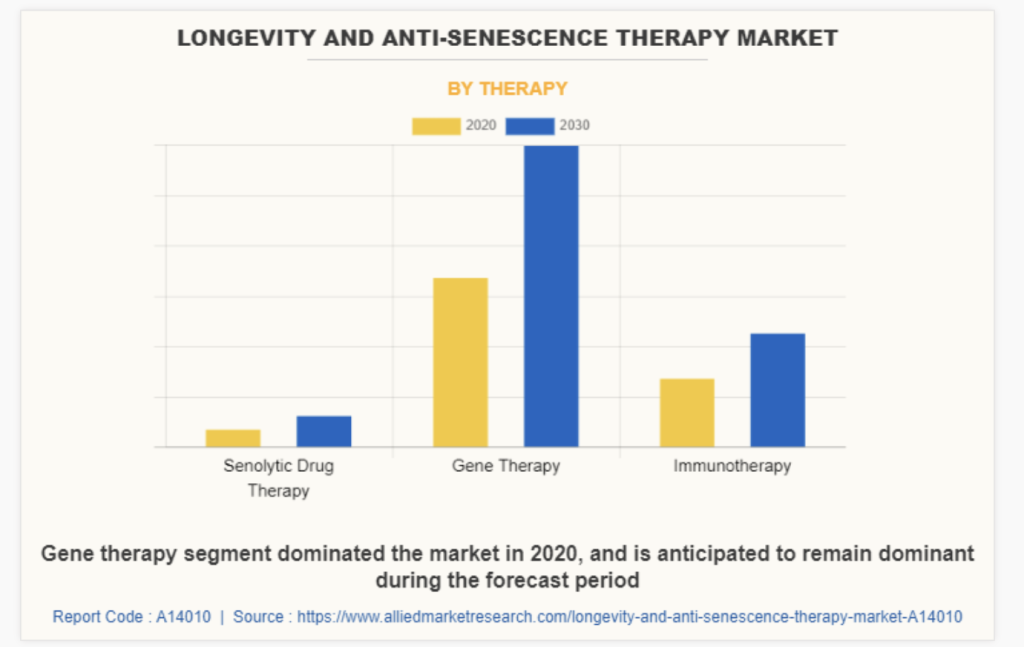In the ever-evolving world of Web3 technology, a new wave of companies is making waves in the longevity space. These innovative companies are leveraging blockchain technology to develop platforms and create apps that aim to empower users with control over their health data. Not only do these crypto-powered protocols promise longer lives, but they are also reshaping how we fund, track health metrics, and access anti-aging options that were once only available to the wealthy.
According to recent statistics from AlliedMarketResearch, the global longevity and anti-senescence therapy market was valued at $25.1 billion in 2020. This figure is projected to reach $44.2 billion by 2030, with a compound annual growth rate (CAGR) of 6.1% from 2021 to 2030.
The Web3 community’s interest in longevity is driven by a desire for optimization and self-empowerment. Benji Leibowitz, co-founder of Pump.science, a crypto-powered research protocol, highlighted that the Web3 community is obsessed with self-sovereignty, whether it be in finances, data, or health. This mindset aligns naturally with the pursuit of longevity.
Pump.science, for example, is pioneering a decentralized approach to health data by enabling anyone to launch and fund research into life-extending compounds. By tokenizing interventions and raising funds through trading, the platform supports high-throughput experiments that progress from worms to humans. The goal is to make science-driven longevity solutions accessible to the masses.
Another player in the Web3 longevity space is CUDIS, a protocol focused on wearable technology. Through its Longevity Hub, CUDIS provides a decentralized ecosystem that connects users, researchers, and longevity-focused projects. By leveraging blockchain technology, CUDIS aims to give users control over their health data, making longevity measurable and affordable.
Moonwalk Fitness, a gamified fitness app built on Solana, takes a different approach to promoting healthy habits. By combining financial incentives with daily step goals, Moonwalk motivates users to stay active and accountable. The app’s social dynamic and competitive features make fitness a shared journey that is both fun and motivating.
While Web3 longevity protocols offer promising solutions, they still face challenges in adoption. One key challenge is reducing crypto-related friction for non-crypto-native users. To address this, companies like Moonwalk are focusing on creating a seamless user experience and making their platforms accessible to all.
Trust is another barrier that Web3 longevity protocols must overcome. By partnering with reputable scientists and laboratories, as well as ensuring transparency in their research and data practices, companies like Pump.science are working to build trust with users.
In conclusion, Web3 longevity protocols are revolutionizing the way we approach health and aging. By leveraging blockchain technology, these companies are making longevity solutions more affordable, accessible, and transparent. As the industry continues to evolve, it will be exciting to see how these innovations shape the future of healthcare and wellness.

